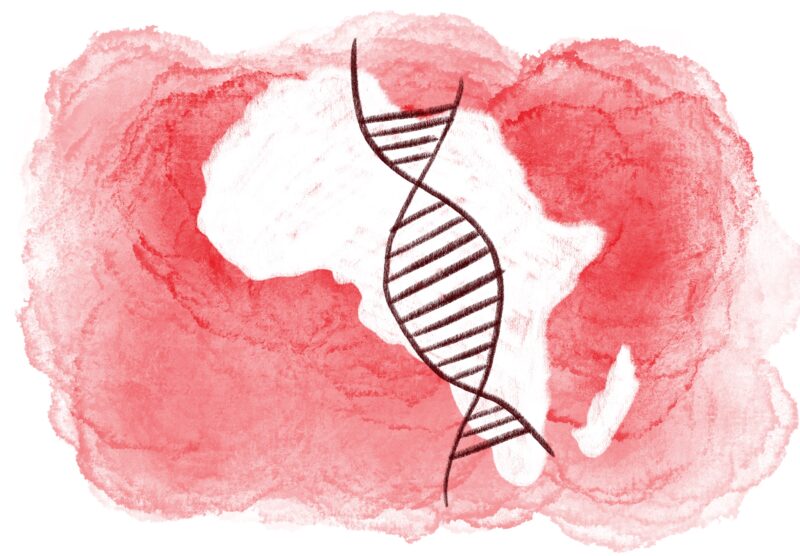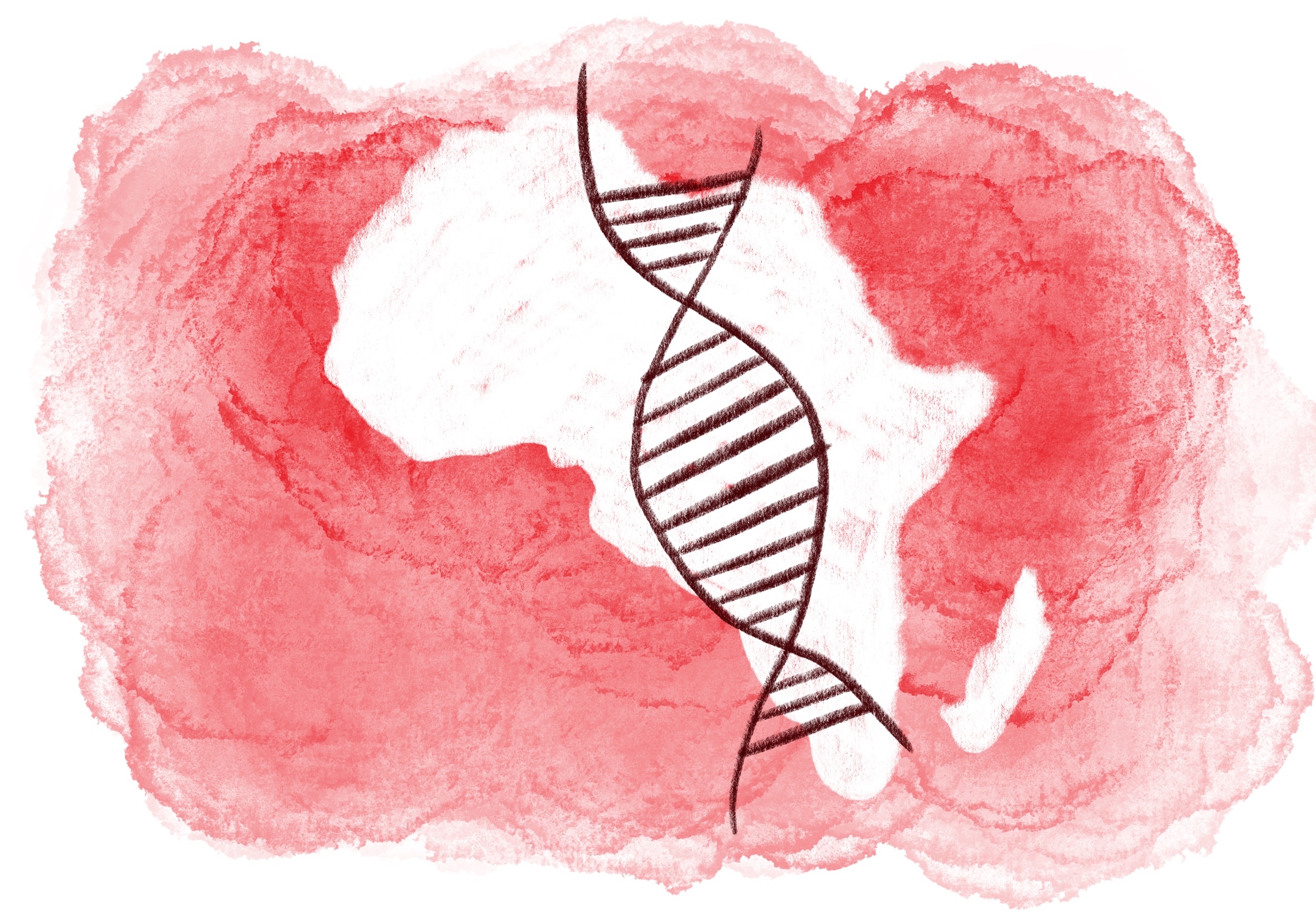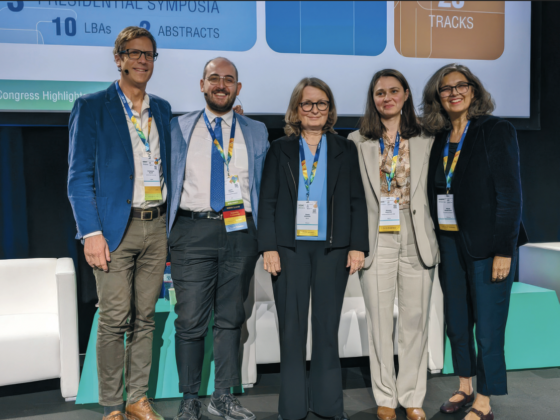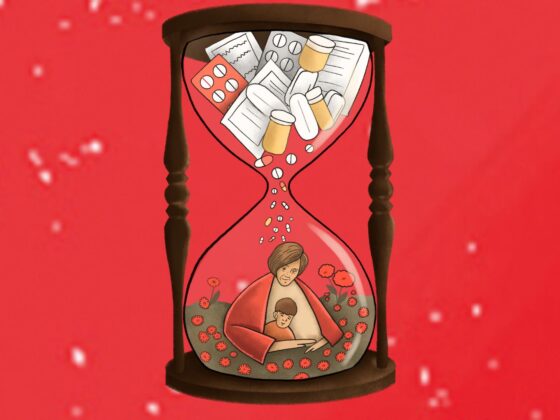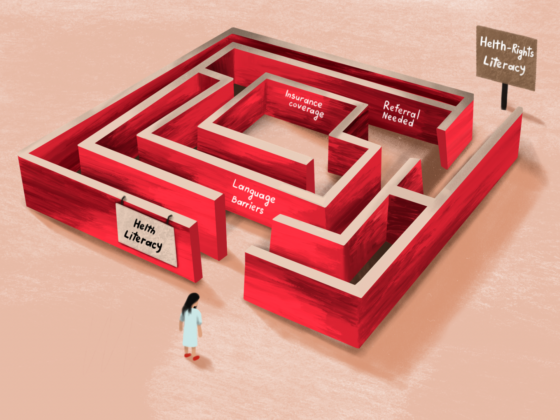Cancer does not affect all populations equally. For individuals of African descent, whether living on the continent or in the diaspora, cancer often presents at different stages, responds differently to treatment, and is associated with poorer outcomes. Yet, African populations remain strikingly underrepresented in the genomic datasets that underpin cancer diagnosis, treatment, and drug development globally.
In the United States, for example, breast cancer mortality rates among African American women are significantly higher than those of white women, despite similar incidence rates. Globally, less than 2% of genomic data used in cancer research is derived from African populations, while nearly 80% comes from individuals of European ancestry, mostly from North America and Europe. This disparity has direct implications for how effective or targeted current cancer treatments are for African patients.
Now, a Ghana-based biotech company, Yemaachi Biotech, is working to change that narrative, through an initiative called the African Cancer Atlas (TACA). This project aims to sequence 15,000 cancer genomes from African patients over the next three years, dramatically increasing the representation of African data in global cancer research.
“We’ve entered the age of precision medicine, where treatments are increasingly based on individual genetic profiles,” says Dr. Yaw Bediako to CancerWorld, immunologist and founder of Yemaachi. “But many of these solutions are least effective in African populations simply because we’re not included in the datasets they’re built on.”
This is African data. It must benefit African science
The African Cancer Atlas is envisioned as a foundational resource for scientists and clinicians working to understand cancer in African populations. By expanding the diversity of tumor genomic data, TACA aims to inform the development of more accurate diagnostics, predictive tools, and targeted therapies that work better across global populations, not just those of European ancestry.
Yemaachi is executing the project through a consortium model that includes over 25 hospitals and research institutions across nine African countries, many of them leading cancer treatment centers. These partners assist with patient recruitment, ethical approvals, and data collection. Importantly, Yemaachi has also built whole genome sequencing capacity in Ghana, a first for the country.
“This is African data. It must benefit African science,” says Bediako. “One of our goals is not just to collect samples, but to empower local researchers and return data to institutions for their own analysis and use.”
Strategic Partnerships and Industry Support
Yemaachi has secured early support from Roche, the first anchor partner in the TACA consortium. The global pharmaceutical company is providing both funding and technical expertise through its African Genomics Program, part of its broader mission to increase access to life-saving cancer care on the continent.
“By 2030, Roche aims to improve the five-year survival rate for 80% of women diagnosed with breast cancer in Africa,” says Lisa Rooney Slater, Head of the African Genomics Program at Roche. “Partnering with TACA fits squarely within our commitment to equitable access to innovation.”
Slater emphasizes that the project not only advances Roche’s goals in Africa but offers critical insights into global oncology.
“Understanding the genomic drivers of cancer in African patients helps all patients,” she adds. “There is immense value in unlocking that knowledge.”
Though the African Cancer Atlas officially launched only recently, it builds on over four years of preparatory work. Yemaachi has already conducted smaller-scale sequencing studies across Nigeria, Tunisia, Côte d’Ivoire, Kenya, and Ghana, producing early insights that highlight the value of this approach.
One notable discovery emerged from sequencing tumors from 200 Ghanaian women with breast cancer, where researchers identified a previously undocumented variant in the BRCA gene, a gene strongly linked to hereditary breast and ovarian cancer. The clinical implications are still under investigation, but such findings underscore why diverse genomic data is critical to advancing global cancer science.
Challenges and the Road Ahead
Despite strong momentum, building a genomics infrastructure in Africa is not without challenges. Regulatory frameworks, sustainable funding, and government support remain uneven across countries. Moreover, ethical considerations around data ownership, consent, and privacy must be handled with care.
Institutions like the Uganda Cancer Institute (UCI) are cautiously optimistic. UCI is in early discussions to join the TACA consortium while developing its own Center for Cancer Genomics.
“Africa is still significantly underrepresented in published cancer genomes,” says Dr. Nixon Niyonzima, Laboratory Director at UCI. “Projects like TACA are a step in the right direction. But we also need to build local capacity and infrastructure to ensure sustainability.”
Bediako agrees. While proud of Yemaachi’s early success, he sees it as just the beginning.
“Governments need to play a role, but the future of sustainable science in Africa also lies in creating an environment that supports homegrown biotech innovation,” he says. “My hope is that Yemaachi’s journey inspires other young African scientists to pursue not only research but entrepreneurial science that delivers social and commercial impact.”
For Bediako, the work is deeply personal. His interest in cancer was shaped in part by the loss of his father to liver cancer. Trained as an immunologist, he has conducted research in infectious diseases but is now shifting focus to oncology, where he believes African science can make a global mark.
“Africa often gets defined by what we lack, not by our potential,” he says. “But if we build the right ecosystem, with partners, data, and investment, Africa can not only solve its own health challenges but contribute meaningfully to solving the world’s.”
The African Cancer Atlas represents a bold vision of that future, one where Africa is no longer an afterthought in cancer research, but an active, empowered contributor to global innovation.

